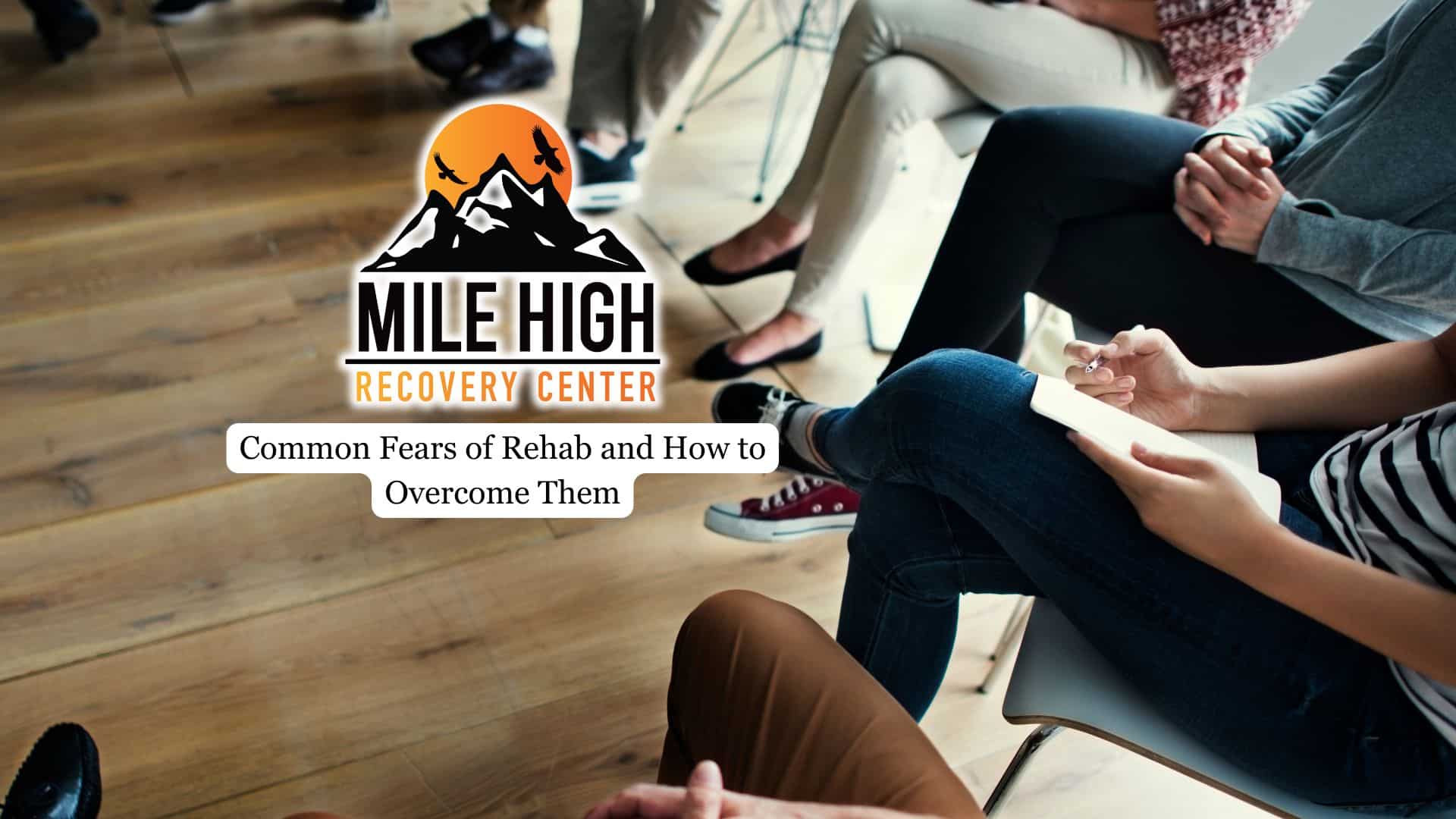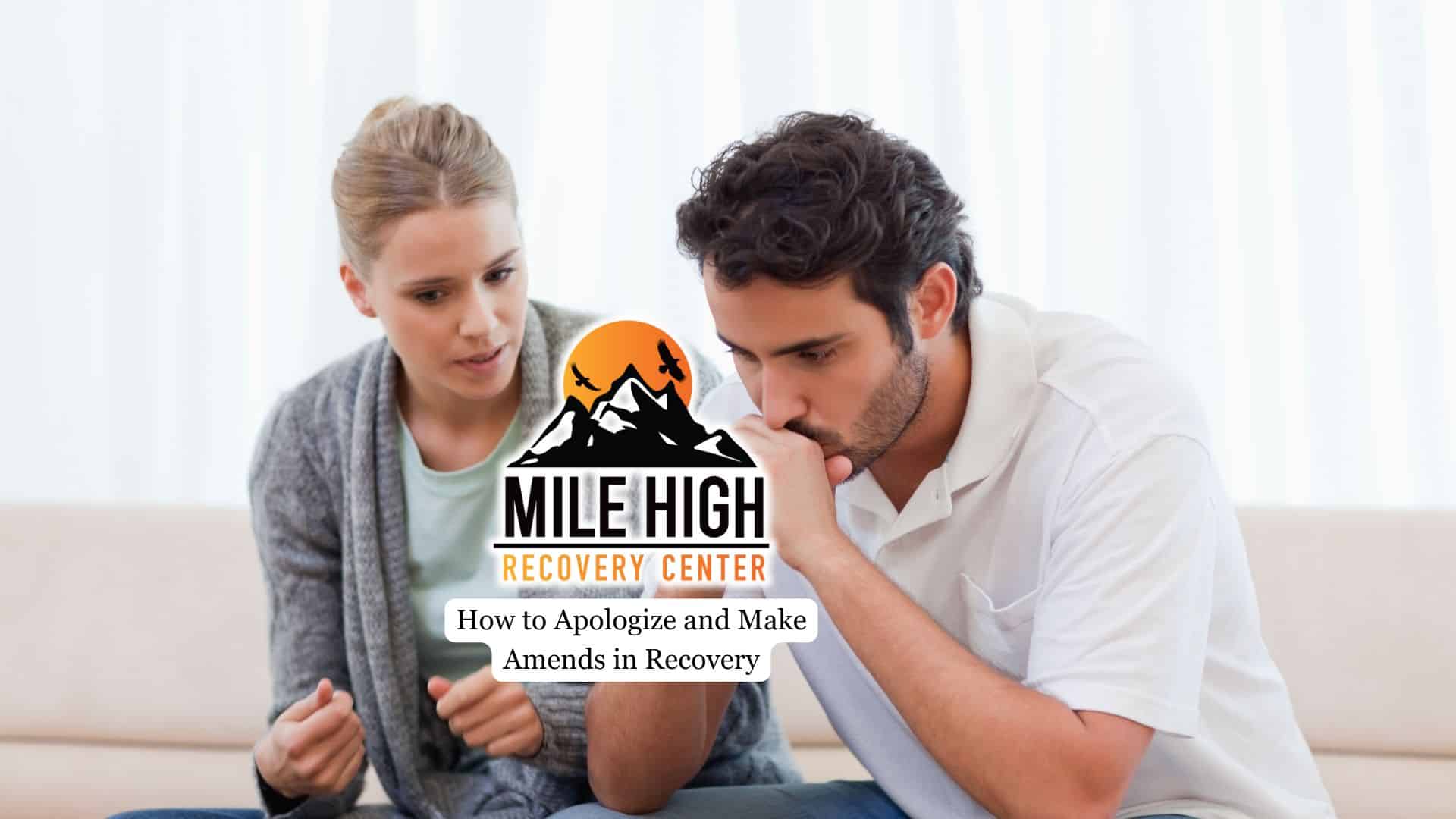Residential rehab provides a structured environment designed to help individuals overcome addiction. While medical supervision and counseling are vital, activities and carefully chosen therapeutic methods play an equally important role in supporting recovery. These elements address the physical, emotional, and social aspects of healing, helping individuals build healthier habits and prepare for long-term sobriety.
This article examines the role of structured activities and essential practices, as well as their contributions to achieving lasting recovery.

Why Activities and Therapies Matter in Residential Rehab
A treatment setting combines medical oversight with daily routines that include structured activities and focused care. These approaches are vital because recovery extends beyond removing substances from the body. Individuals must learn to manage triggers, address underlying mental health issues, and practice new ways of handling stress.
Evidence-based approaches offer proven methods for emotional healing, while they provide practical opportunities to build structure, community, and balance into everyday life. Without these combined supports, treatment would focus only on physical stabilization rather than preparing people for long-term sobriety. This is why a residential treatment program integrates both structured activities and therapeutic care as core components, ensuring clients receive comprehensive support that extends beyond detox and into sustainable recovery.
Types of Therapies in Residential Treatment
Cognitive Behavioral Therapy (CBT) helps individuals recognize and replace harmful thought patterns with healthier behaviors that support recovery. Dialectical Behavior Therapy (DBT) emphasizes four components: emotional regulation, distress tolerance, interpersonal effectiveness, and mindfulness skills, which are particularly helpful for people managing co-occurring mental health conditions.
Group sessions enable participants to share their experiences, gain peer support, and develop accountability, while individual counseling provides a space to address personal challenges in depth. Family involvement may also be incorporated to repair strained relationships and create a stronger support system for ongoing recovery. These methods are personalized, ensuring that treatment addresses not just substance use but also the emotional and psychological roots of addiction.
The Role of Recreational and Holistic Activities
Fitness classes, yoga, and outdoor recreation help rebuild physical strength, regulate sleep patterns, and improve overall mood. Creative outlets such as art, music, or writing workshops provide healthy ways to express emotions that might otherwise feel overwhelming.
Mindfulness practices, including meditation and breathing exercises, encourage individuals to pause, manage stress, and remain present in moments of discomfort. Holistic approaches, such as nutritional guidance and nature-based therapy, complement the process of healing by restoring balance and reinforcing healthy living habits. Together, these pursuits demonstrate that recovery is not only about abstaining from substances but also about building a fulfilling and sustainable lifestyle.
Building Structure Through Daily Routines
One of the key benefits of residential rehabilitation is the establishment of a structured daily routine. Substance use often disrupts sleeping patterns, eating habits, and energy levels, leaving individuals without consistency or predictability. Participating in scheduled activities and guided practices helps clients develop healthy rhythms that support physical and emotional stability.
This structure reduces uncertainty, minimizes downtime that might trigger cravings, and fosters accountability. Sticking to a routine helps individuals strengthen their sense of responsibility and regain control over their lives. When the program ends, the ability to maintain daily structure becomes a critical factor in avoiding relapse and transitioning successfully back into everyday responsibilities.

Social Connection and Peer Support
Addiction often isolates individuals, damaging relationships and eroding trust. Rehab programs provide opportunities to rebuild these connections in a safe and supportive environment. Group therapy, recreational activities, and community events enable participants to form bonds with others who share similar struggles and challenges, fostering a sense of community and support.
These peer relationships help reduce feelings of loneliness and provide encouragement throughout the recovery journey. Social bonds developed while in rehab also help people practice communication, teamwork, and conflict resolution. Experiencing genuine connection in a supportive setting enables individuals to be better prepared to seek out and maintain healthy networks outside of treatment. This foundation of peer support becomes an invaluable resource during life’s challenges after care.
Preparing for Life Beyond Treatment
Learning coping strategies, practicing effective communication skills, and engaging in healthy outlets, clients are better equipped to handle real-world pressures once they complete their treatment. Many programs include relapse prevention planning, life skills training, and continued support to ensure a smoother transition into daily life.
Scheduled practices that encourage problem-solving, goal-setting, and stress management mirror challenges people will face outside treatment, making the adjustment less overwhelming. This combination of structured ventures and professional guidance provides the tools needed for resilience, independence, and long-term stability.
Final Thoughts from Mile High Recovery
Activities and carefully applied therapeutic methods are not optional in recovery programs. They are essential for fostering long-term healing. When combining evidence-based care with holistic and recreational ventures, individuals develop the skills, confidence, and structure necessary for lasting recovery. These elements work together to address the physical, emotional, and social aspects of addiction, creating a comprehensive path forward.
At Mile High Recovery, treatment is grounded in a holistic approach, incorporating structured care, supportive activities, and individualized guidance. Our residential treatment programs in Colorado are designed to help individuals establish a lasting foundation for sobriety. Addressing every aspect of recovery allows us to help individuals achieve meaningful and sustainable healing.






